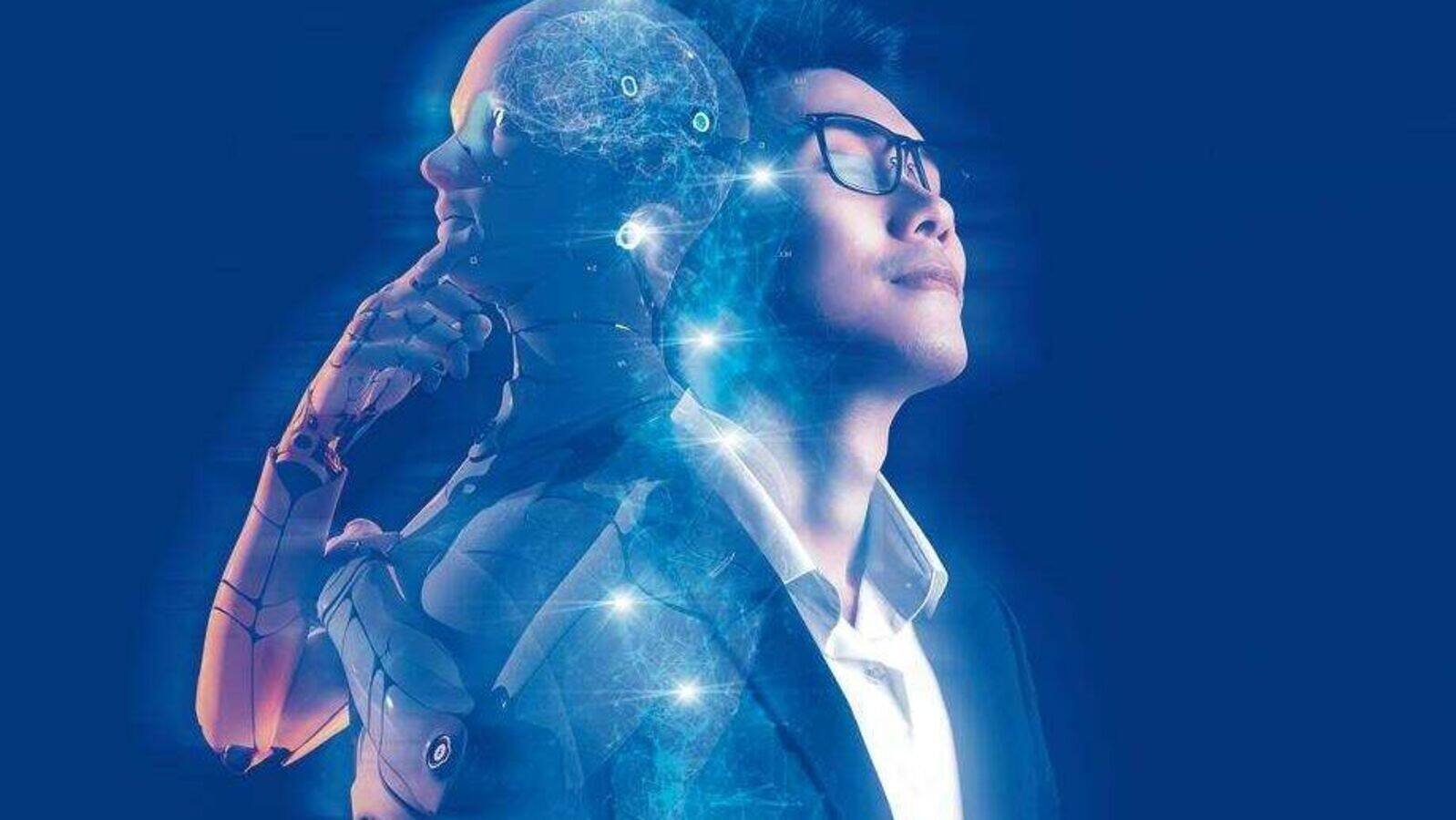The office landscape is on the cusp of a dramatic transformation, driven by the ever-evolving world of artificial intelligence (AI). Chatbots, once relegated to customer service interactions, are rapidly becoming sophisticated enough to take on roles traditionally reserved for human coworkers. This surge in AI-powered assistance raises intriguing questions about the future of work: will chatbots become our robotic colleagues, seamlessly integrating into our professional lives?
Key Highlights:
- AI chatbots are evolving beyond customer service, exhibiting capabilities to handle complex tasks and collaborate with humans.
- Natural language processing advancements enable chatbots to understand context, engage in dialogue, and learn from interactions.
- Integration with enterprise software and data analysis tools empowers chatbots to automate routine tasks and provide real-time insights.
- Concerns remain around job displacement and the ethical implications of AI in the workplace.
- Careful planning and human-AI collaboration are crucial for a successful transition to an AI-powered workforce.

Gone are the days of robotic, scripted interactions with virtual assistants. Today’s AI chatbots are powered by natural language processing (NLP) advancements, enabling them to understand the nuances of human language, engage in contextual conversations, and even learn from their interactions. This newfound intelligence is propelling chatbots into the professional realm, with capabilities extending far beyond basic customer service queries.
Imagine a world where your AI coworker efficiently manages your calendar, schedules meetings, and filters through your overflowing inbox. This is no longer a futuristic fantasy. Chatbots are now adept at handling administrative tasks, freeing up valuable human time for more strategic endeavors. Furthermore, their integration with enterprise software and data analysis tools allows them to automate routine processes, generate reports, and even provide real-time insights to aid decision-making.
However, the rise of the robotic colleague is not without its challenges. Concerns abound regarding potential job displacement as AI automates tasks traditionally performed by humans. Additionally, the ethical implications of AI in the workplace necessitate careful consideration. Issues like bias in algorithms, transparency in decision-making, and the potential for AI to exacerbate existing inequalities require thoughtful solutions.
The key to successfully navigating this AI-driven transformation lies in collaboration, not competition. Humans and AI possess unique strengths and weaknesses. By leveraging the analytical prowess of AI and the creativity and adaptability of humans, we can forge a future where both thrive. This necessitates careful planning, comprehensive training programs, and a focus on ensuring that AI augments, rather than replaces, human skillsets.
The future of work is undoubtedly intertwined with the evolution of AI. As chatbots become increasingly sophisticated, the lines between virtual assistant and robotic colleague will continue to blur. By embracing this technological shift with careful planning and a collaborative spirit, we can unlock a future where humans and AI work together, building a more efficient, productive, and ultimately, more fulfilling work environment.






